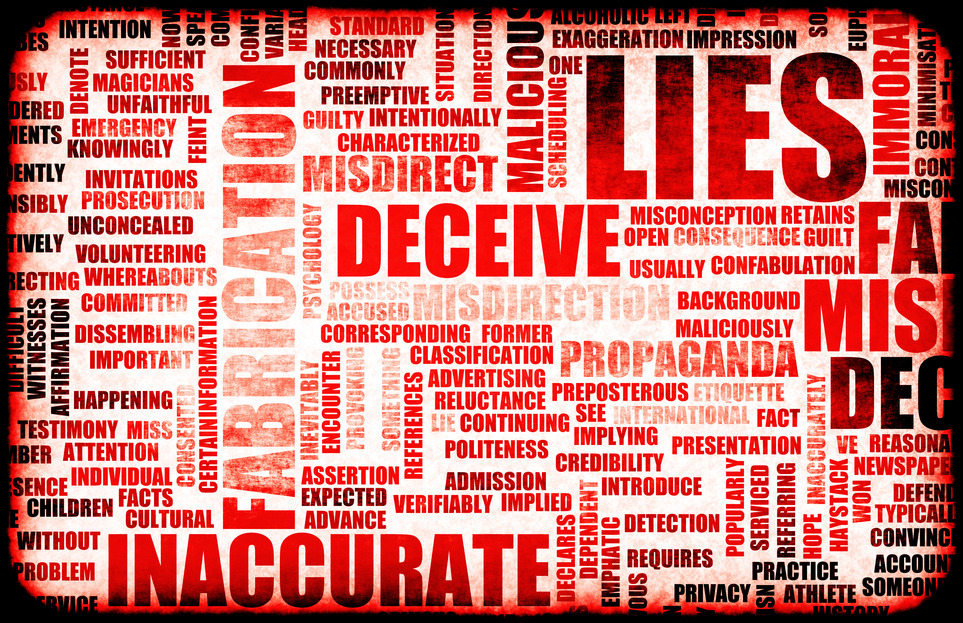Postings on Proverbs...13:5
"The righteous hates falsehood, but the wicked brings shame and disgrace" (ESV)
Can we say we hate falsehood? How much do we shave off the hard edges of truth to make ourselves look good? We hate it when people lie to us (duh!), but do we hate it enough to tell the truth when it hurts us, embarrasses us, or makes us look incompetent or unkind?
Do we call ourselves "blunt," meaning we mask being a jerk behind "I'm just telling the truth," or "wounds from a friend can be trusted," forgetting that kindness is a fruit of the Spirit.
Do we regularly sacrifice the truth on the altar of "kindness," which is in quotes because it's really not kindness at all, but rather a deceptive form of pride that would so hate for you to see me in a bad light that I will lie to you to save my reputation.?
One of the most common ways I've seen this not hating falsehood among Christians in brown-nosing, kissing-up, flattering leaders to get ahead in organizations, and sadly, leaders eat it up and promote those who lie to them because it typically strokes their egos.
The righteous hate all of that falsehood and then some. Why? Ultimately, because God does:
"There are six things that the LORD hates, seven that are an abomination to him: haughty eyes, a lying tongue..." (Prov 6:16-17; see 12:22)So, the righteous hate what God hates. Loving truth is actually evidence of salvation:
"...those who are perishing, because they refused to love the truth and so be saved" (2 Thess 2:10)This doesn't just mean listening to a lot of preaching, taking good notes on sermons or reading your Bible daily. It means not having a double life. It means telling the truth even when it will cause you problems. It means confessing lies to those you've lied to.
The couplet suggests that the shame and disgrace come because of the wicked were caught in their lies. Notice too, "hates" is parallel to "brings," which is not what I'd expect. I'd expect it to say "loves shame and disgrace," a sarcastic way of saying they're shamed and disgraced so much for their lives that they must "love" it. However, this "imprecise antithesis implies that a righteous person does not come to social and personal shame and that a wicked person does not hate what distorts reality" (Waltke I:555).
In the end, though it could have cost them their lives, Shadrach, Meshach, and Abednego were right to "rather suffer by the truth than sin by lying" (Bridges 153), but are we?
Don't answer that question by looking at your intentions in this moment. Answer that questions by looking at your words this past week, to your friends, your spouse, your co-workers, your boss and your kids. Which group does the past week put you in, the righteous wise men who hate falsehood or the wicked fools who don't?
If that quote at the bottom is true, what do your lies say matters most to you? The opinions of others? Your job? Your self-image? Your grades? Your freedom? Lies tell us when something other than that one true God is a functional god in our lives.
No one should see themselves as free from the sting of this proverb, so just remember, "truth is in Jesus" (Eph 4:21). His perfect record of truth telling is now yours if you are a Christian. Let His grace motivate you to say No to all forms of ungodliness (Titus 2:11), including the sin of lying, and you'll be on the path to becoming wise.
Labels: Bible Study, Christian Life, Proverbs, Truth




0 Comments:
Post a Comment
<< Home